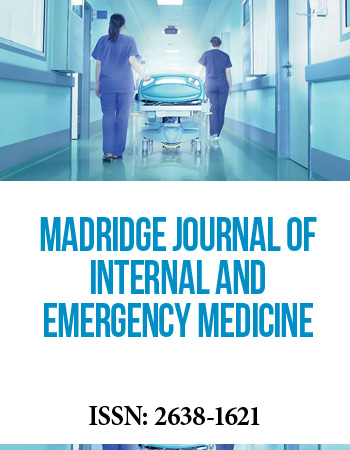International Translational and Regenerative Medicine Conference
April 25-27, 2018 | Rome, Italy
Cell Based Regenerative Therapy in Lung Fibrosis
University of Calcutta, India
Background: Idiopathic Pulmonary Fibrosis is characterized by excessive matrix deposition that disrupts the normal architecture of the lung parenchyma and causes airway remodeling. It is a progressive and fatal lung disorder with high mortality rate. The current treatments provide only minimal benefits and have significant side effects, highlighting the need for novel treatment approaches to Pulm onary Fibrosis.
Objective: The aim of this study was to investigate the therapeutic potential of umbilical cord derived MSC (uMSC) bleomycin induced fibrosis.
Methods: A mouse model of bleomycin induced pulmonary fibrosis was used in the study. Wharton jelly derived mesenchymal stem cells were injected intravenously and inflammation, fibrosis and regeneration was examined using a series of assays such as assessment of total cell count, inflammation, hydroxyproline, cell proliferation and clonogenic potential and histology.
Results: We found in an increase in the total cell count (p < 0.001) and collagen content and a decrease in clonogenic potential (p <0.01) in the lung after bleomycin treatment as compared to the control group. Interestingly, intravenous administration of umbilical cord derived MSC showed reversal of these effects by decrease in collagen content, a decrease in total inflammatory cell count (p <0.01) and increase in clonogenic potential (p < 0.05) in the lung. Upon umbilical cord derived MSC administration, reactive oxygen species and reactive nitrogen species generation in the lung decreased as compared to only bleomycin treated group. Histological study of bleomycin treated lung revealed extracellular matrix decomposition, abnormal collagen degradation and distorted lung morphology compared to control groups; stem cell treatment assisted in restoration of lung morphology.
Conclusion: The present research suggests that administration of umbilical cord derived mesenchymal stem cells led to reduction in inflammation and collagen content, increased proliferative ability of the cells and restored lung morphology. Thus these cells may be used for future reference to formulate effective therapeutic protocols in managing bleomycin induced IPF.
Biography:
Dr. Ena Ray Banerjee is Professor of Zoology, University of Calcutta, India and leads the Translational Outcomes Research Group that focuses on Immunobiology and Regenerative Medicine, drug discovery studies and basic research, including development and validation of novel drugs (small molecules), herbal extracts (functional food), probiotics (nutraceuticals), novel antibody-mediated (camelid antibody) and cells (tissue engineering of stem cells from embryo, foetal and adult tissue) in inflammatory (asthma, colitis, fibrosis, dermatitis, arthritis etc.) and degenerative disease models. She has published extensively in premiere scientific journals and her publications are widely cited in “methods” volumes as well as “drug discovery” websites and portals.


